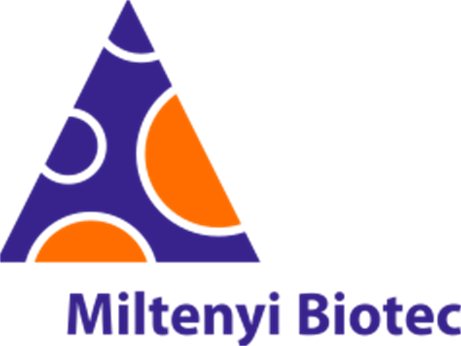Innovation Showcases
ADVANCING IPSC WORKFLOWS TO PAVE THE WAY FOR AUTOLOGOUS MANUFACTURING IN THE CLOSED SYSTEM CLINIMACS PRODIGY®

In the first part of the talk, Dr. Sebastian Knöbel from Miltenyi Biotec will present solutions to enhance iPSC workflows from patient material to iPS-derived differentiated cells using the closed CliniMACS Prodigy Adherent Cell Culture process. He will highlight applications for dopaminergic cells, endothelial cells, MSCs, and MSC-derived EVs, along with tools for cell culture and characterization.
In the second part, Prof. Yoshida from the CiRA Foundation will discuss advancements in iPSC production for clinical applications. The foundation has generated and supplied 27 HLA homozygous, 3 HLA genome-edited, and 2 Sendai virus vector-produced iPSC lines for clinical use, with several trials underway or planned globally. He will review their development, originally using manual culture methods, and their status nearly a decade after release.
The focus will then shift to autologous iPSCs, which minimize immune rejection, but manual production presents challenges such as high costs, long production times, donor variability, and quality control. To address these, the team is automating the iPSC production process in a closed system. Using the CliniMACS Prodigy system, they have developed a process to generate approximately 1×10⁷ iPSCs from 20 mL of blood in three weeks. The talk will highlight progress toward fully automated iPSC manufacturing.

